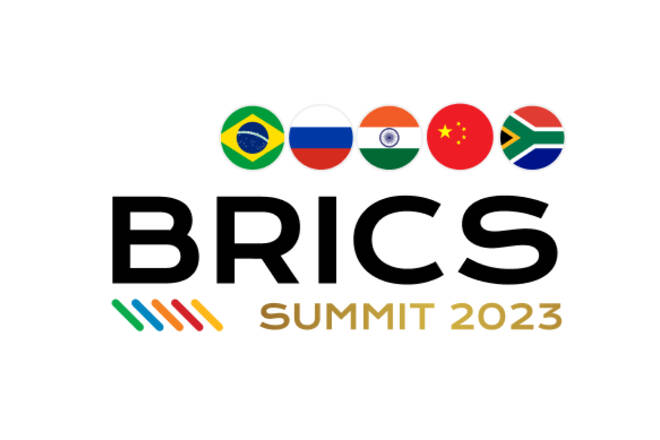Advertisement
Advertisement
BRICS Expansion: Real Threat or Misplaced Optimism?
By:
BRICS expansion faces internal rifts and diverse goals, making its ambitious "de-dollarization" aspirations seem far from immediate reality.
Highlights
- BRICS’ shift from economic to geopolitical focus.
- Internal disagreements and vision ambiguity limit cohesion.
- “De-dollarization” aspirations versus on-ground realities.
Historical Origins and Intentions of BRICS
The concept of BRICS was born out of an acronym by British economist Jim O’Neill, emphasizing emerging investment opportunities rather than geopolitical intentions. The formation in 2014, which later included South Africa, primarily centered on economic collaboration. The recent additions, while hinting at broader aspirations, may be shifting the bloc’s focus from its original intent.
Diverse Interests and Cohesion Challenges
The expansion of BRICS, though promising on paper, brings inherent complexities. The decision-making process within such a diverse group is bound to face challenges. Even before this expansion, the bloc had to grapple with divergent foreign policy objectives and economic goals. The inclusion of countries with varied economies and geopolitical stances can potentially exacerbate these issues.
India’s evolving relationship with the West and its known conflicts with China are just a glimpse into the disagreements within the group. Furthermore, while the aim to expand BRICS is evident, with numerous nations showing interest, the bloc’s vision remains ambiguous. This lack of clarity threatens the potential unity and influence the group may hope to achieve.
Financial Institutions and Currency Challenges
The BRICS’ own New Development Bank, established as a counter to Western institutions like the IMF, still relies heavily on the US dollar. Despite talks of “de-dollarization,” there’s a significant difference between aspirations and reality. For such a shift to occur, the entire financial ecosystem, which has been reliant on the US dollar for decades, would need a dramatic transformation.
While some members of the bloc, like Russia, have begun trading in alternate currencies, a complete shift seems a far-off reality. The integration of wealthy oil nations may offer financial assets, but a cohesive economic strategy involves more than mere capital injection. Cohesion demands shared vision, purpose, and compatible economic policies, something BRICS has historically struggled with.
Potential Pitfalls of Rapid Expansion
As BRICS shows signs of rapid expansion, challenges accompanying such growth can’t be ignored. The potential dominance in the global commodities market, while significant, doesn’t automatically equate to geopolitical influence or a swift move away from the US dollar. Many of these countries have deeply entrenched economic ties with the West, making a sudden breakaway challenging and potentially harmful to their own economies.
Moreover, while there’s a notable public interest in commodities, as evidenced by rising Google searches, it doesn’t necessarily correlate with a genuine understanding or desire to shift away from established trade norms. A rush towards changing global economic structures without robust strategies can lead to economic uncertainties.
BRICS’ Expansion Faces Inherent Challenges
The BRICS bloc, with its expanded roster, undeniably offers the potential to reshape global economic conversations. However, this potential is countered by inherent challenges rooted in diverse economic goals, geopolitical ties, and historical conflicts among member nations. For BRICS to truly challenge Western dominance and the dominance of the US dollar, it will need more than just expansion; it will require cohesion, a clear vision, and time.
About the Author
James Hyerczykauthor
James Hyerczyk is a U.S. based seasoned technical analyst and educator with over 40 years of experience in market analysis and trading, specializing in chart patterns and price movement. He is the author of two books on technical analysis and has a background in both futures and stock markets.
Advertisement
